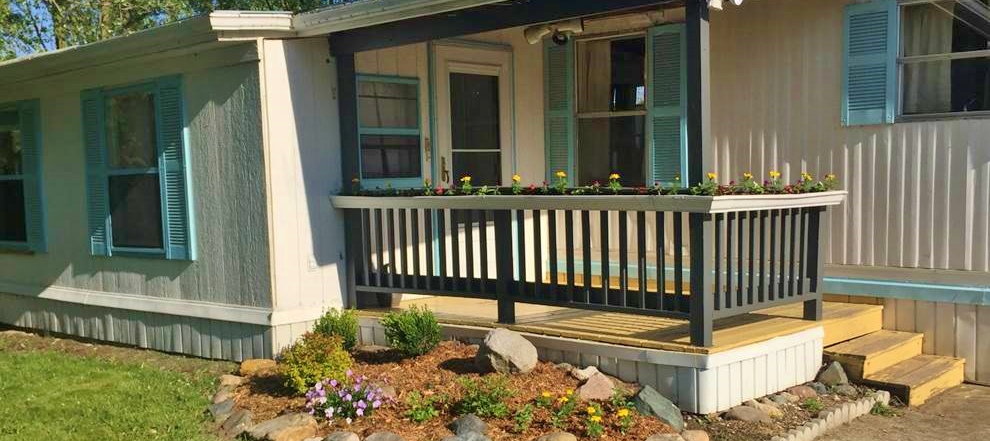We must seek not just to get families into housing, but into sustainability.
Claas Ehlers, CEO, Family Promise
2.5 million children and their parents will be homeless at some time in America this year. Many factors contribute to this epidemic, but the main cause, by a large margin, is a lack of affordable housing. Many families are paying more than 50% of their income for housing. This, in turn, forces them to sacrifice other basic needs like healthy food, regular medical attention, dependable transportation—this list goes on. The long-term effects can be devastating to the development of children caught in the cycle.

Family Promise has partnered with Prosperity Now, a national nonprofit dedicated to expanding economic opportunity for low-income families, on the Partners in Housing (PIH) program to help families transition from homelessness to financial independence and, eventually, home ownership.
PIH is modeled after a program developed by Family Promise of Grand Rapids. Over the past eight years, Family Promise of Grand Rapids has moved 94 families into manufactured homes, with a success rate of 92%. Three pilot programs were created in Colorado Springs, CO; Gainesville, FL; and Anoka County, MN to test the program’s viability in a range of markets. Based on those pilots, Prosperity Now granted Family Promise $250,000 to expand the program to Affiliates in Salem, OR; Billings, MT; Knoxville, TN; and Great River, MN. PIH provides families with an opportunity to escape homelessness in a way that is financially responsible while allowing them to become homeowners building their own equity.
Here’s how it works:
Manufactured housing communities, often called trailer parks, have units on lots that have been distressed or abandoned. Because manufactured housing typically is a depreciating asset, these units have little value.
Family Promise Affiliates, each of which has a large pool of volunteers, donors and supporters, are uniquely positioned to address that issue. With professional oversight, to ensure a unit can be rehabbed, an Affiliate can find both the labor and the funding to refurbish a unit and make it habitable. Additionally, it can provide the ongoing case management support so a family placed in the unit can have the support needed to maintain its housing.
In the end, once the family has successfully transitioned in place, it gains title to the unit and becomes a homeowner.

“Manufactured housing has long been an important part of the affordable homeownership system in the US,” says Doug Ryan, Director of Affordable Homeownership for Prosperity Now. “This new partnership between Prosperity Now and Family Promise is an exciting opportunity to connect good services and local supports to a national program with a 15-year track record of research, education and best practices to benefit families transitioning to permanent homes in manufactured housing.”
Like the Family Promise program itself, the PIH program builds on resources that already exist in Family Promise communities, providing permanent housing to families at a fraction of the cost of other programs. It allows for asset building by participating families, community engagement by volunteers and corporate partners, and it is easily replicable in communities nationwide.
“Family Promise is thrilled to work with Prosperity Now,” said Ehlers. “This organization has been a great resource as we work to make manufactured housing a viable and important part of Family Promise’s continuum of services. Prosperity Now’s commitment to helping people achieve financial stability and success makes them an ideal partner as we continue to create innovative solutions for the families we serve.”

